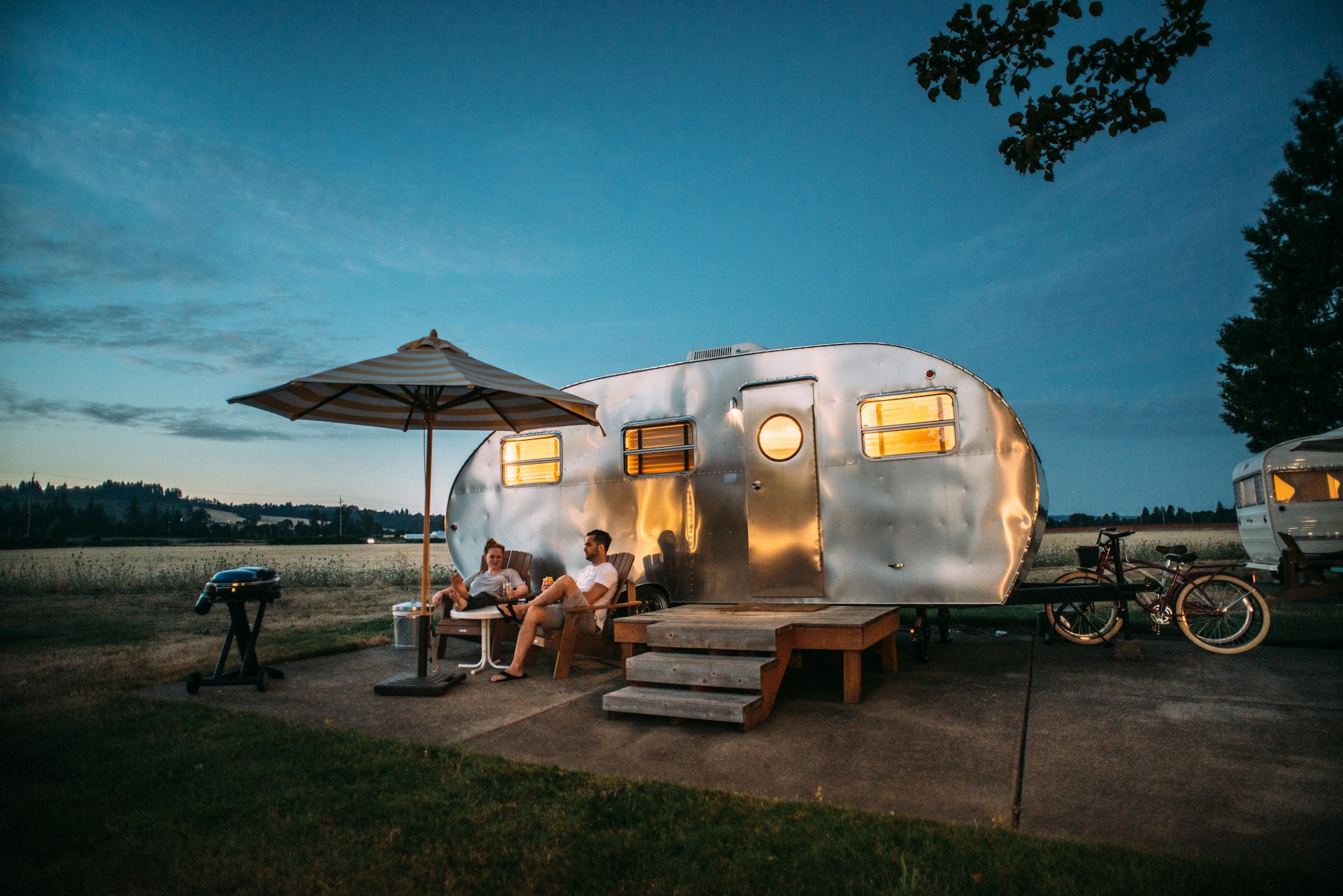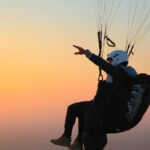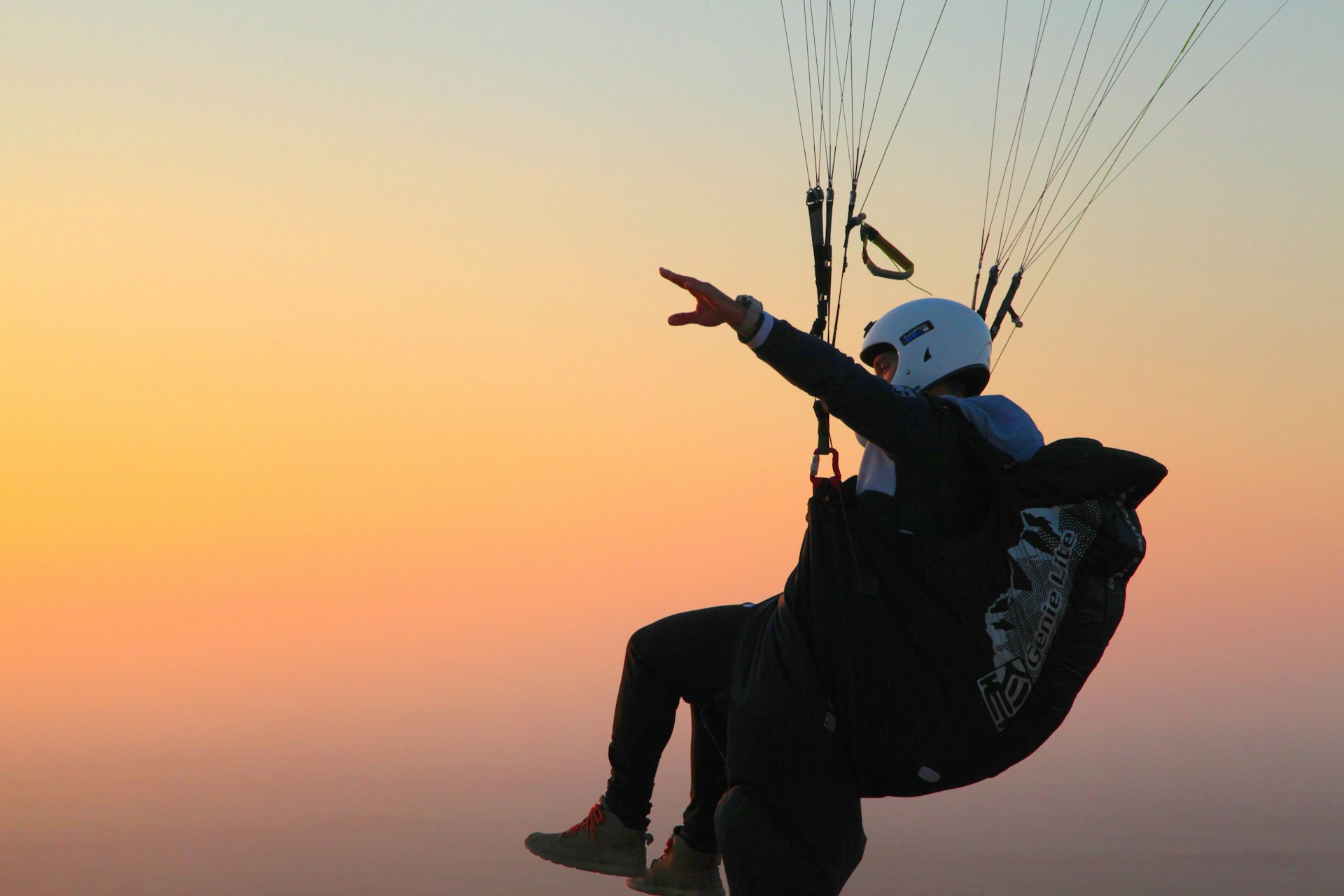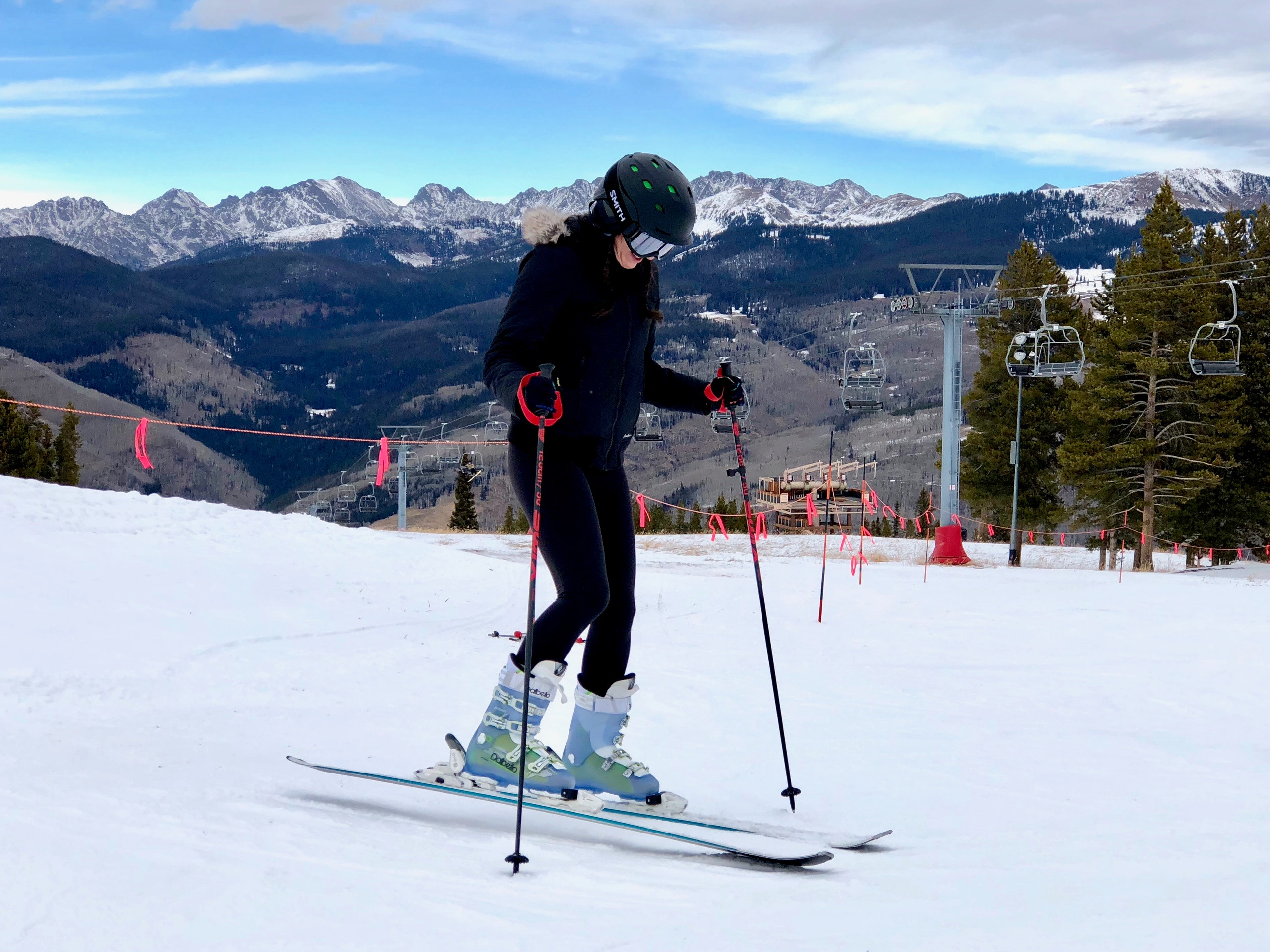Camping is a wonderful opportunity to get away from the hustle and bustle of everyday life, explore the natural world around you, spend quality time with friends, and have a good time. However, in order for the trip to run smoothly, you must plan ahead of time. Otherwise, insects, blisters, terrible weather, or a bad night’s sleep could mar the trip.
If you think that planning will take a lot of time and effort, think again. All you need is a good plan and a checklist. And we’ve got you covered — in this post, we’ll give you our top seven suggestions for planning your next camping vacation. Continue reading, make sure you’re prepared for everything, and have fun.
Get The Right Gear
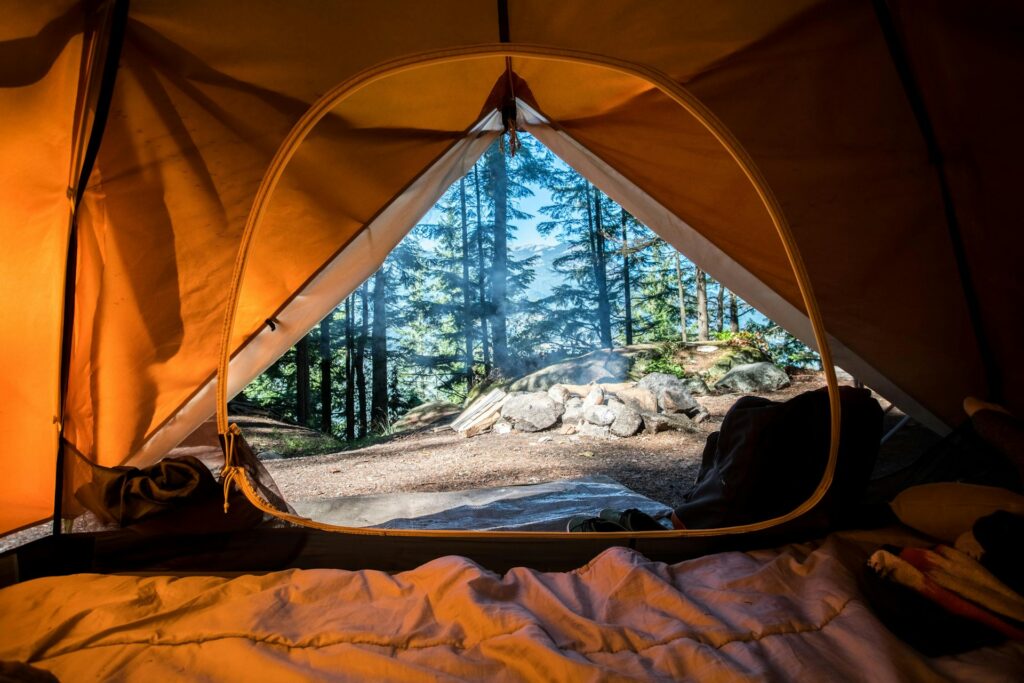
You must bring the appropriate camping equipment regardless of how you organize your vacation. You’ll need a tent (and potentially an inflatable mattress), a sleeping bag, and a camp stove if you want to spend the night in the woods. These are a must-have for any home.
Don’t forget any other useful items, including tools and flashlights, as well as water purifiers and maps. You should also leave your Nike Air Jordan sneakers at home and instead carry hiking boots. Then add some fun accessories like fishing equipment and a hammock! You might be shocked at how much gear you’ll need for a weekend camping trip, but it’ll be well worth it in the end!
Make A Route Plan
You’ll need to map out a route, find locations to camp, and arrange your day-to-day itinerary. Start with the map if you want to do it right. Choose one with a scale of 1:50.000 or 1:25.000 and one that is as detailed as feasible. Otherwise, you’ll waste more time hunting for trailheads or campgrounds than is necessary. You should have a map for each day of your vacation, ideally.
You can also use applications to assist you to plan your trip. Many of them have a topographic map of the area as well as the ability to enter your own data, allowing you to highlight notable landmarks and routes. If you wish to go on a multi-day hike, for example, use BackCountry Navigator Pro; for shorter hikes, use AllTrails.
Bring Plenty Of Water With You
Remember to bring lots of water if you want to stay healthy while camping. Even if your campsite is near a river or lake, you need to pack enough water to cook with and drink from; otherwise, you risk being dehydrated. Also, make sure your water is pure by boiling it before consuming it or using a water filter like the SteriPen.
Don’t Forget About The Food
Don’t forget to bring food while planning your camping vacation, especially if you want to spend many days in the wilderness. Make sure you have enough food for everyone in your group and store it in a watertight bag or container. If you’re going fishing, don’t forget to bring some fishing line and hooks.
Check the Weather Forecast
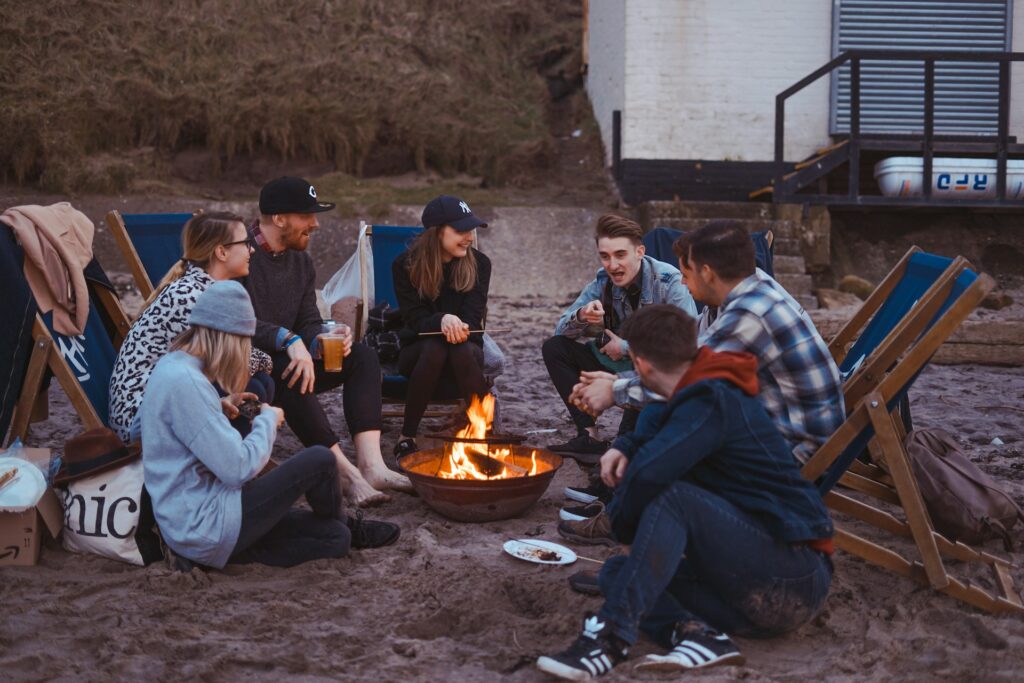
Check the weather forecast for your location before leaving home, especially if you’re traveling somewhere distant. If it appears that inclement weather is on the way, reconsider your plans. In that situation, it’s preferable to stay safe at home rather than risk being hurt or killed as a result of inclement weather. If you’re going off-roading, pay extra attention to the weather forecast because severe winds and heavy rain might cause serious road hazards!
Purchase Camping Permits
Before leaving home, double-check that you have all of the appropriate camping licenses and fees. You may need to pay for access to public lands depending on where you go camping – for example, if your location is a national park or wildlife reserve. The cost might be as little as $10 per person each day – or much more! Before you go camping, find out how much it will cost so you don’t receive any unpleasant surprises when you arrive. Also, see if there are any additional expenses – most parks, for example, impose additional fees for groups of more than ten individuals!
Pack Sparingly
After all, you’ll have to set up camp and get used to life outside of civilization during the first few days of your journey. However, once this first period has passed, it’s time to pack your belongings and be on the road – and this is the time to pack light! If you bring too much stuff on a hike, they will slow you down and get in the way. So only bring what you absolutely need; if something else comes to mind later, leave it at home! This tip also applies to food packing: if you bring too much, you won’t be able to carry it all, so make sure you pack everything into little containers!
Final Thoughts
Going camping is mostly for the purpose of having a good time in nature and simply having a good time. As a result, make certain that all of your preparations result in nothing but good vibes. Pack plenty of food and drink, as well as some enjoyable summer activities, so you can fill your days with new experiences. Also, let your friends and family know where you’re going and how long you’ll be gone.
